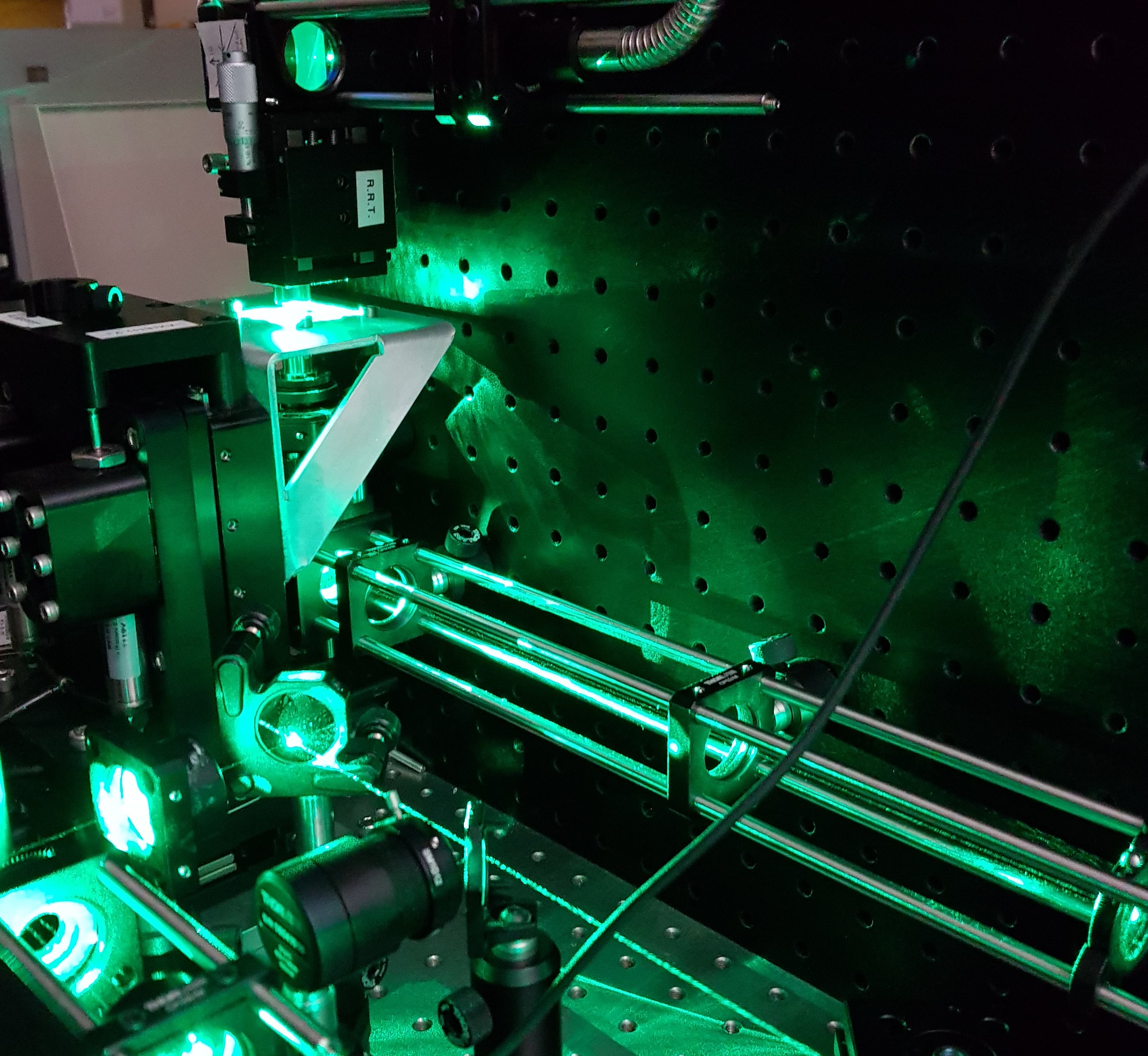University hails ‘major advance’ in manufacturing for hi-tech medical devices
Staff at Heriot-Watt University in Edinburgh have applied laser-shaping techniques to the manufacture of fibre optic devices.

Hi-tech medical devices could be made in a fraction of the time currently needed, thanks to a “major manufacturing advance” at an Edinburgh university.
Experts at Heriot-Watt University have used laser beam shaping techniques to come up with a new manufacturing method of producing the fibre-optic medical devices which can be used in the diagnosis and treatment of many diseases such as cancer.
Such devices require complex systems of micro-optic lenses, mirrors, and prisms, like a microscope – with manufacturing them a costly process which takes hours for each device, increasing costs and limiting their use.
However, a new technique developed by Heriot-Watt University has dramatically cut this down to just a few minutes using laser beam shaping techniques.
We’ve achieved a major manufacturing advance using laser beam shaping techniques.
The breakthrough was revealed in a report on the impact of a grant that the University was awarded.
The five-year, £1.3 million 4MD Platform grant was funded by the Engineering and Physical Sciences Research Council (EPSRC) as part of UK Research & Innovation – with the grant leading to further cash for the university, helping it to set up a Medical Device Manufacturing Centre.
Professor Robert Thomson of Heriot-Watt, who led the project team that developed the new manufacturing technique, said that “medical device technologies are vital for the detection and treatment of a huge number of diseases and healthcare challenges”.
He added: “Increasingly, micro-devices are being developed for minimally invasive measurement and therapy, for example, in cancer detection and precision laser surgery.
“However, up to now, they have been very expensive to produce. Coming up with a medical device innovation is exciting but if it can’t be made commercially, it won’t be used in hospitals and clinics.
“To encourage take-up of state-of-the-art devices, it is vital to provide low-cost and highly repeatable manufacturing solutions.
“We’ve achieved a major manufacturing advance using laser beam shaping techniques. This gives us control of the shape of the focal volume, and therefore more efficient use of the available laser pulse energy during manufacture.
“We’ve overcome a major drawback of using ultrafast, laser inscription techniques for manufacturing distal-end-microsystems for fibre-optic medical instruments.”
Professor Duncan Hand, of Heriot-Watt University, said their “overarching objective” had been to use the “flexibility of the Platform grant to develop and exploit manufacturing technologies to provide medical device manufacture that is both practical and commercially viable, leading to new and improved healthcare solutions”.
But with the Platform grant scheme no longer available, Heriot-Watt University is calling on other funders to consider a scheme with similar flexibilities.
Prof Hand said: “We applied our 4MD Platform grant strategically across a range of different projects, which allowed feasibility studies and proof-of-concepts to be delivered which has led to considerable follow-on funding and research.
“Funding of this type is essential to allow new ideas to be tested and ensure that concepts previously thought to be impossible can be explored. The Platform grant has also developed the careers of 27 research associates over five years, helping to support and advance the medical device innovators of the future.”
Bookmark popover
Removed from bookmarks